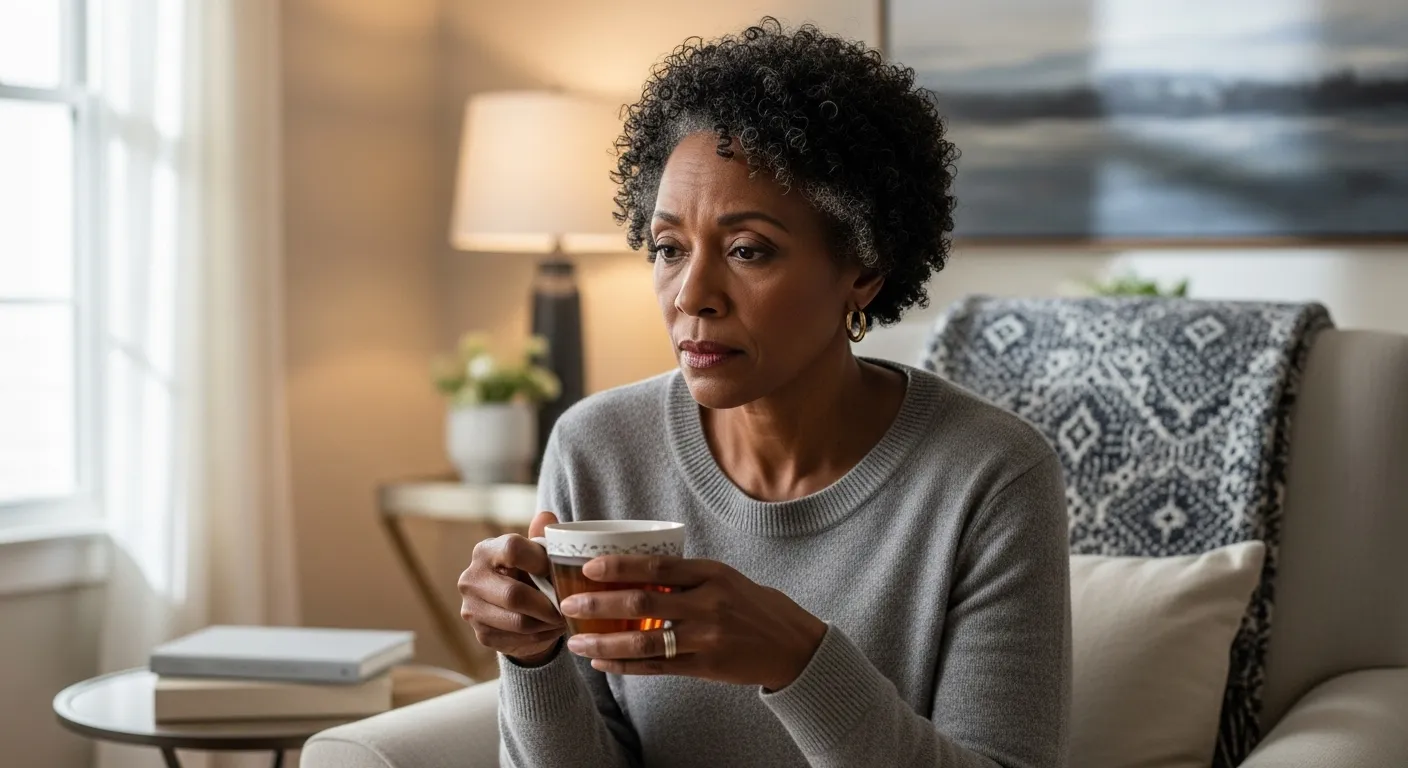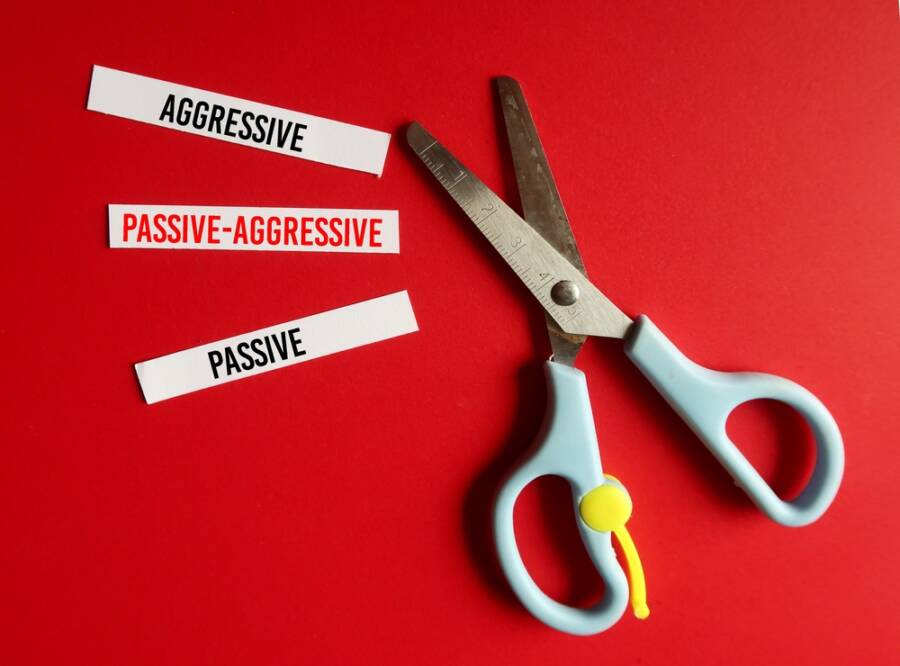
When to Seek Professional Support for Your Mental Health
Mental health is an integral part of brain health. Conditions like depression and anxiety are not signs of personal weakness, and they are highly treatable at any age. Untreated mental health conditions can negatively impact motivation, sleep, social engagement, and concentration, all of which are essential for cognitive fitness.
Recognizing When It’s More Than Just a Bad Day
It’s normal to feel sad or worried from time to time. However, if you experience the following symptoms for two weeks or more, it’s a good idea to speak with a healthcare professional:
Persistent Low Mood: Feeling sad, empty, or hopeless for most of the day, nearly every day.
Loss of Interest or Pleasure: No longer enjoying hobbies or activities that you used to find fulfilling.
Significant Changes in Sleep or Appetite: Sleeping much more or less than usual, or eating significantly more or less.
Excessive Worry: Feeling anxious or on-edge most of the time, with worries that are difficult to control.
Fatigue and Low Energy: Feeling tired all the time, even after a full night’s sleep.
How to Prepare for an Appointment
To make the most of your visit with a doctor or mental health professional, a little preparation goes a long way. This helps them get a clear picture of what you’re experiencing.
Keep a Simple Log: For a week before your appointment, jot down notes about your mood, sleep patterns, and any specific worries or symptoms. Note their frequency and intensity.
List Your Medications: Include all prescription drugs, over-the-counter medications, and any vitamins or supplements you take.
Write Down Questions: It’s easy to forget what you wanted to ask in the moment. Prepare a list of questions, such as “Could my symptoms be related to one of my medications?” or “What are the treatment options available?”
What Can Therapy Offer?
Therapy provides a supportive, confidential space to learn skills for managing your thoughts, feelings, and behaviors. Several evidence-based approaches are effective for older adults. One common approach is Cognitive Behavioral Therapy (CBT), which helps you identify and challenge unhelpful thought patterns and develop more adaptive behaviors. Another is Behavioral Activation, a strategy particularly useful for depression, which involves systematically scheduling small, rewarding, or meaningful activities back into your daily life to counteract withdrawal and apathy. Support and treatment resources are available through organizations like the Substance Abuse and Mental Health Services Administration (SAMHSA).









Leave a Reply